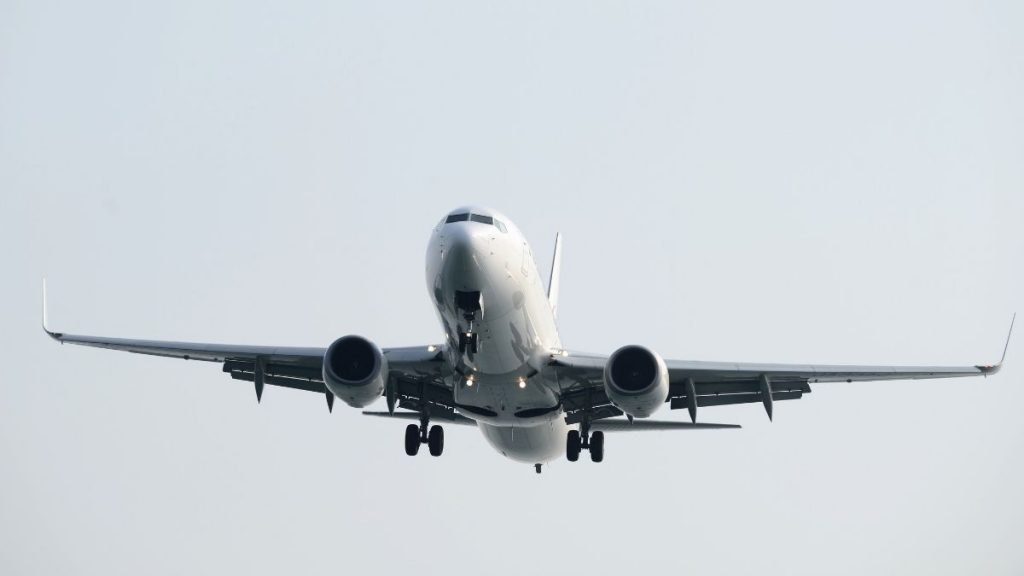Leverkuhn safeguarded the decision to connect a brand-new safety system on limit, called MCAS, to a single sensing unit that has been implicated in both fatal crashes
Subjects
By David Shepardson and Tracy Rucinski
WASHINGTON/CHICAGO (Reuters) – Two senior Boeing Co executives who manage the development of the 737 MAX protected the company’s choices on a key cockpit system later tied to two deadly crashes, according to statement prior to congressional private investigators seen by Reuters.
Michael Teal, then 737 MAX chief product engineer, and Keith Leverkuhn, who was vice president and general supervisor of the 737 MAX program, were questioned separately by detectives for the U.S. House Transport and Facilities Committee in May.
” I don’t consider the development of the aircraft to be a failure,” Leverkuhn informed private investigators for your house panel that is to release a final report next week on its investigation into the development of the aircraft, grounded considering that March 2019 after two crashes killed 346 individuals.
Leverkuhn protected the choice to tie a new security system on the limit, called MCAS, to a single sensing unit that has actually been implicated in both fatal crashes. Boeing has since consented to use data from 2 different sensors when the aircraft go back to service, which might come as early as this year.
” I believe based upon our understanding and our assumptions of flight team actions, that it wasn’t an error,” Leverkuhn stated.
Later in his testament, Leverkuhn included, “Clearly what was in error was our presumptions relating to the human maker interaction.
Congressional detectives also questioned the statement that Boeing had never ever carried out an internal financial analysis to determine the impact of whether the Federal Aviation Administration would require more pricey simulator training.
Teal said that if the 737 MAX design required simulator training, Boeing would have developed it, while acknowledging that clients might have been disappointed.
” Would airlines have been pleased with that, of course, they would not have,” he stated, noting that Boeing had actually signaled all along that simulator training would not be essential.
Last year, Boeing validated it had actually consented to pay Southwest Airlines Co a $1 million per MAX refund if the training were required.
In January, Boeing reversed course and said it would suggest simulator training for all pilots before the MAX returns to service.
Teal, now the 777 X chief project engineer, said the planemaker has actually because modified some pilot assumptions in the aftermath of the 737 MAX crashes. “It’s a finding out that we are now putting forth on the brand-new aircraft,” he said.
Boeing did not immediately react to any ask for comment. The Wall Street Journal, which reported on the records earlier, said Leverkuhn retired previously this year as he had long prepared, pointing out a Boeing spokesperson.
( Reporting by David Shepardson and Tracy Rucinski; Modifying by William Mallard)
